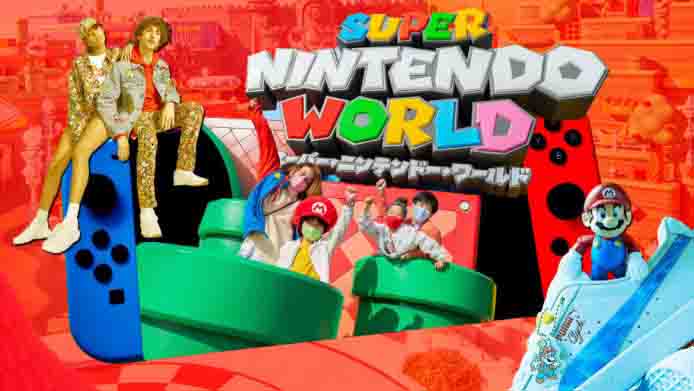Nintendo us animal crossing new switchmccracken
In June 2019, Nintendo announced that it was pushing the release date for Animal Crossing: New Horizons, an eagerly-awaited game for its Switch console, to March 20, 2020. The company asked fans to be patient. It had no way of knowing that when the game showed up—amid a worldwide pandemic that left millions of people worldwide stuck at home and more than a little stressed out—its timing could hardly have felt more perfect.
In Animal Crossing: New Horizons, every character is a cheery little animal except players, who are represented as cheery little humans. They inhabit cozy islands and live leisurely, low-key lives that play out in real time, rather than at the breakneck pace of most video games. There is no explicit goal, and the game never ends. Crucially, support for Nintendo’s online service allows players to visit friends who are also playing the game and hang out—a social activity that, during lockdown, made the game’s fantasy islands feel more normal in some ways than real life did. The game became a phenomenon, outselling every other Switch game in history except Mario Kart 8 Deluxe and overflowing onto social feeds as players shared the pleasant times they were having.
Even Shuntaro Furukawa, Nintendo’s global president since 2o18 and a 27-year veteran of the 131-year-old Kyoto, Japan-based game maker, was startled by how deeply New Horizonsresonated. Given that it was the latest installment in the two-decade-old Animal Crossing franchise, “to an extent, we did have a certain expectation that sales would do well,” he told me when we spoke recently, mostly with the aid of an interpreter. But “last year, right before release, we saw that the pace of sales for this title was very fast. And that’s something that we did not foresee.”
As a gentle ray of positivity during a wrenching moment in history, Animal Crossing: New Horizons has been unique. At the same time, it’s classic Nintendo. In an age when the reputation of tech giants has never been worse, the company’s sheer wholesomeness feels like a throwback to simpler times. Questions involving it and its products rarely get more heated than whether adorable Animal Crossing raccoon/entrepreneur Tom Nook is a good guy or a ruthless capitalist.
Endearing though its products tend to be, Nintendo is on a capitalistic roll of its own. After 2012’s Wii U console never quite caught on, pundits—who have a long history of prematurely writing the company off during its periodic downturns—helpfully told it that it should exit the hardware business and focus on designing games for other companies’ devices. In the aftermath, its biggest star, Mario, and other characters did hop onto smartphones in iPhone and Android games such as Super Mario Run and Animal Crossing: Pocket Camp. But instead of abandoning its own hardware, Nintendo created the Switch—an ingenious Transformer-like convertible TV console/handheld device that delighted fans and silenced critics.




